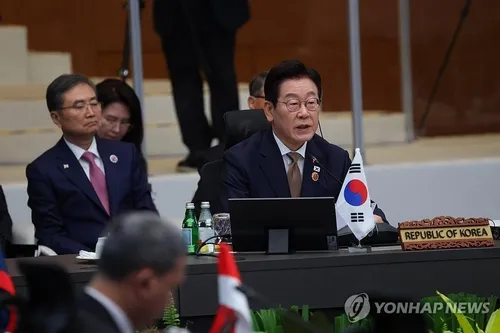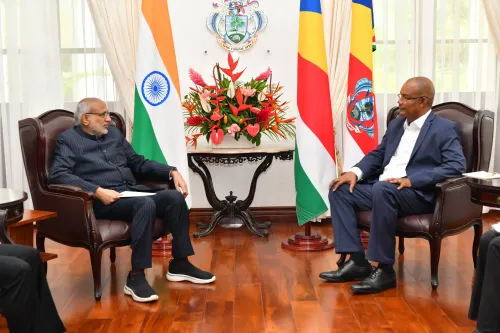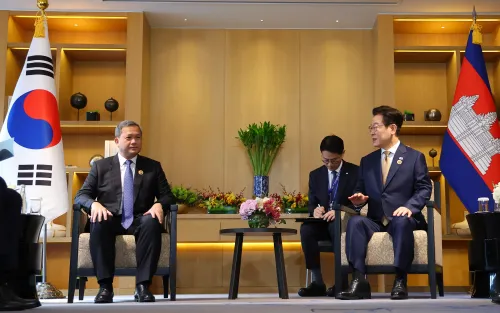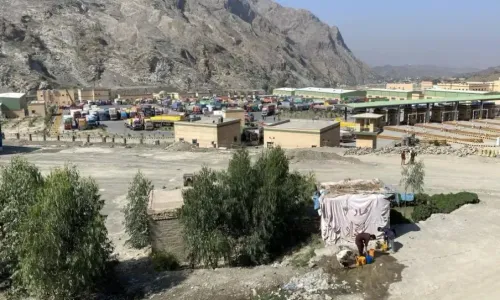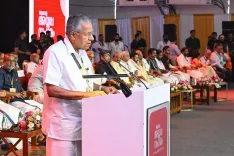US Congressional Delegation Tours Taiwan, Reinforces Commitment to a Free and Open Indo-Pacific
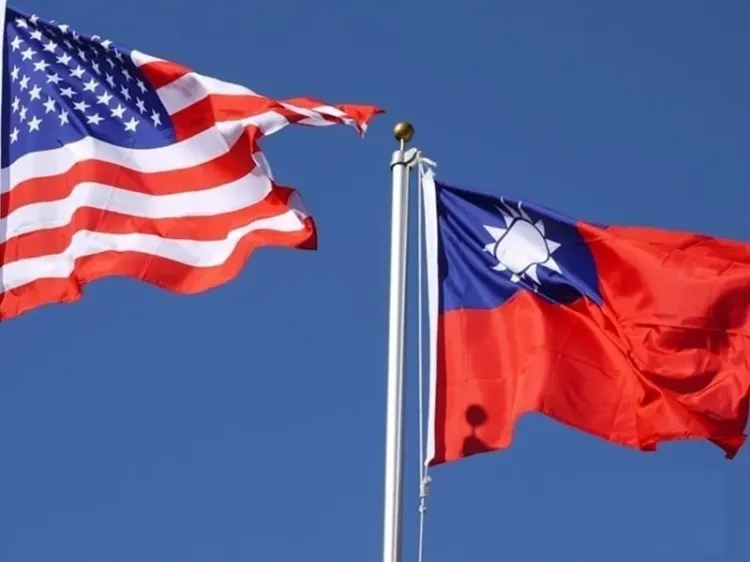
Synopsis
Key Takeaways
- US Congressional delegation visits Taiwan from April 16-19.
- Focus on strengthening US-Taiwan relations and regional security.
- China's military activities near Taiwan criticized by US.
- Bipartisan support for Taiwan International Solidarity Act.
- US and allies view Taiwan Strait as international waters.
Taipei, April 16 (NationPress) A US Congressional delegation, spearheaded by Republican Senator Pete Ricketts, commenced its visit to Taiwan from April 16-19, marking the first such visit since President Donald Trump began his second term in office. This visit is part of a broader trip to the region, emphasizing Washington's dedication to promoting a free and open Indo-Pacific.
Joining the bipartisan delegation are Senator Chris Coons from the Democratic Party and Senator Ted Budd from the Republican Party.
The group is scheduled to participate in a series of high-level discussions with prominent Taiwanese leaders, focusing on US-Taiwan relations, regional security, trade, investment, and other vital topics of shared interest.
Earlier this month, the US condemned China's joint military drills near Taiwan, criticizing Beijing's increasing assertiveness in the Indo-Pacific region.
In a statement, US State Department spokesperson Tammy Bruce remarked, "Once again, China's aggressive military activities and rhetoric toward Taiwan only serve to heighten tensions and jeopardize both regional security and global prosperity. In response to China's intimidation tactics and destabilizing conduct, the United States remains steadfast in our commitment to our allies and partners, including Taiwan."
The statement further asserted, "The United States champions peace and stability across the Taiwan Strait and opposes any unilateral alterations to the status quo, whether through force or coercion."
These comments came after China confirmed it had carried out joint military exercises involving its army, navy, and rocket divisions around Taiwan.
Taiwan’s Defence Ministry condemned the actions, stating that China is escalating its military activities in the Taiwan Strait and the wider Indo-Pacific, intensifying military threats and challenging the international order and regional stability, thus earning the label of the greatest “troublemaker” in the eyes of the global community.
Last month, a bipartisan group of US lawmakers reintroduced the Taiwan International Solidarity Act in the House of Representatives after the pro-Taiwan measure stalled in the Senate earlier in 2023.
The act "encourages the US to collaborate with allies and partners to counter China's efforts to undermine Taiwan's diplomatic ties and partnerships worldwide," according to a press release from the office of Democratic Representative Gerry Connolly, who sponsored the bill.
Connolly stated, "This bipartisan legislation guarantees that we oppose Beijing’s manipulation of international organizations and stand in solidarity with the aspirations and best interests of the people of Taiwan."
China maintains that Taiwan is part of its territory and must be reunified with the mainland, even by force if necessary. In recent years, Beijing has ramped up military exercises in the Taiwan Strait to increase pressure on Taiwan.
Meanwhile, the US and its allies regard the Taiwan Strait as an international waterway, regularly sending warships through the strait to assert their influence in the Indo-Pacific and counter China's growing power.

